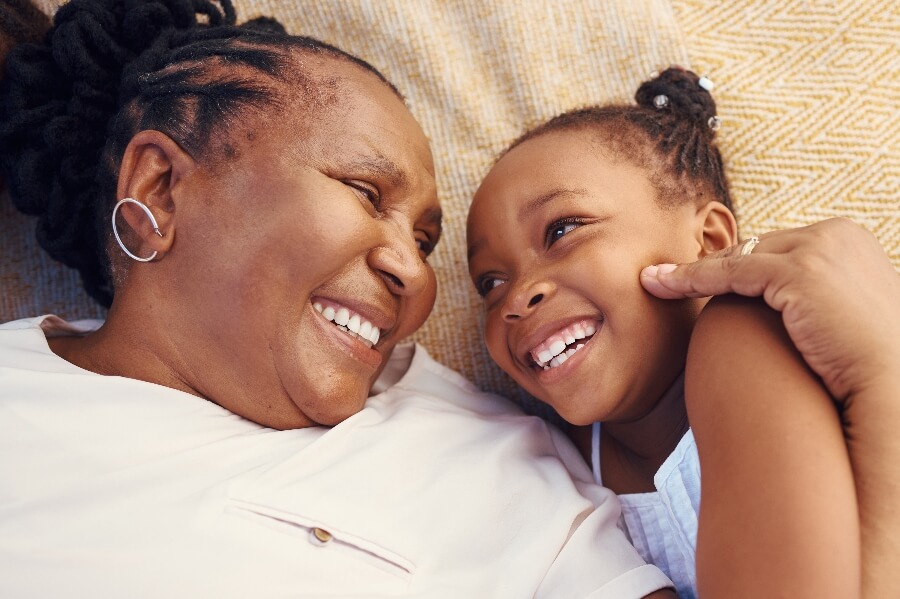Here’s one more reason to love grandmothers: They could be a crucial reason humans evolved to have big brains and long life spans. The so-called Grandmother Hypothesis is getting more attention and gaining scientific credibility.
The role of grandmothers as evolutionary heroines is the subject of a new report in Smithsonian magazine. The article defines the Grandmother Hypothesis as the idea that during our earliest years as a species, grandmothers stepped in to feed young children and perform other motherly duties so that mothers could focus their own energy and resources on having more children at shorter intervals.
“The result is that a grandmother enables the birth of more descendants, leaving more copies of her genes in subsequent generations,” writes Elizabeth Landau. “In prehistoric times, the theory goes, grandmothering led to the spread of genes corresponding to slower aging in women relative to their predecessors, which increased expected lifespans in general.”
Read More: Why Did Evolution Give Us Menopause? The Answer Could Make You Feel Better
Much More Than Baking Pies
The grandmother love started in 1957 with the late ecologist George C. Williams, who was one of many scientists trying to account for the evolutionary purpose of menopause. Today, Kristen Hawke of the University of Utah is carrying on the research, observing divisions of labor in one of the last hunter-gatherer tribes left on the globe and looking at life-history models of other organisms, from other primates to mice and elephants.
Her conclusions: Older females subsidized the fertility of younger ones.
One of her collaborators, Barbara Finley, professor emerita of psychology at Cornell University, points out that longevity is highly correlated with brain size in mammals—the bigger the brain, the longer the lifespan—and the best predictor of brain size is the duration of brain development. “If you’re going to make a bigger brain, it takes longer to make it,” Finlay told Smithsonian.
The Evolutionary Role of Menopause
This research is in line with what we heard at a recent NextTribe event. Darcey Steinke, the author of Flash Count Diary: Menopause and the Vindication of Natural Life, told us that her research showed that menopause could be considered a boon for the community and, in a larger sense, our species. Based on a study of whales, the only other creature that goes through menopause, “scientists are starting think that’s why menopause was selected in humans as well,” she said. “We were hunter and gatherers, and women got so smart around 50 that they were more important to the group as leaders than they were as mothers.”
But not everyone subscribes to the Grandmother Hypothesis. Some scientists see the idea as a little too neat and convenient. And some research has been pushing the role of grandfathers too—because heaven forbid women get sole credit for something as big as the development of our whole species.
Read More: These Grandmothers and Aunties Are Trying to Solve the Border Crisis





















0 Comments